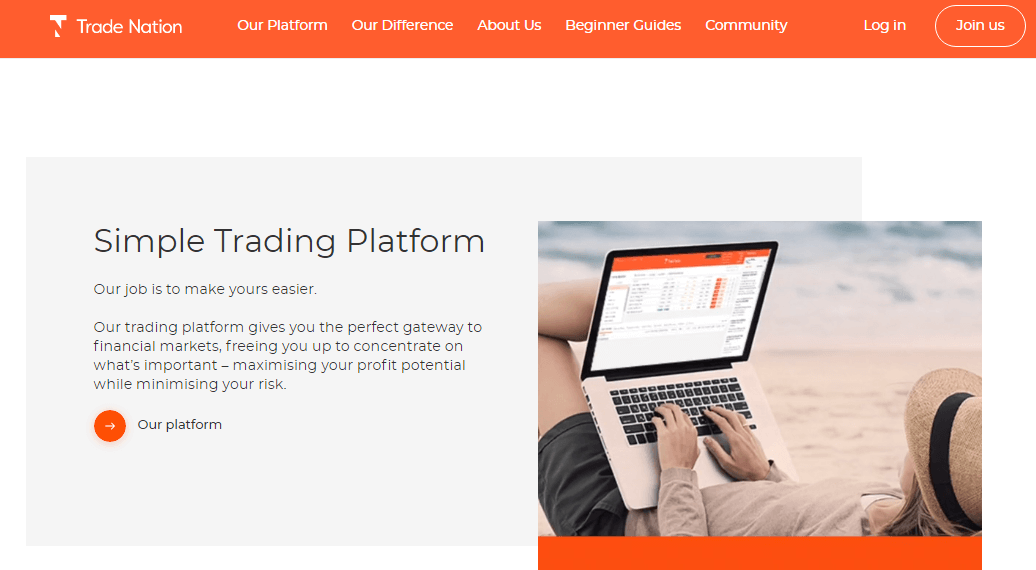What is a Brokerage Company? A brokerage company, also known as a brokerage firm or broker, is a financial institution that enables individuals and institutional investors to trade financial instruments. They act as intermediaries, executing trades on behalf of their clients and providing access to various markets.
Types of Brokerage Companies: a. Full-Service Brokerage: These companies offer a wide range of services, including investment advice, research reports, portfolio management, and retirement planning. They typically charge higher commissions or fees for their services.
Discount Brokerage: Discount brokers provide basic trading services with limited investment advice. They offer lower commission fees, making them attractive for self-directed investors who prefer to make their own investment decisions.
Online Brokerage: Online brokerage companies operate exclusively through online platforms. They provide convenient and cost-effective trading services, often with low commissions, and offer access to a variety of investment products
Services and Features: a. Trading Platforms: Brokerage companies provide trading platforms that allow investors to execute trades. These platforms may vary in terms of functionality, ease of use, and available market data.
Research and Analysis: Many brokerage firms offer research reports, market analysis, and investment recommendations to assist clients in making informed investment decisions.
Account Types: Brokerage companies provide various types of accounts, such as cash accounts, margin accounts, retirement accounts (e.g., Individual Retirement Accounts or IRAs), and education savings accounts.
Customer Support: Consider the availability and quality of customer support services, including phone, email, and online chat support, as well as educational resources provided by the brokerage company.
Factors to Consider when Choosing a Brokerage Company: Fees and Commissions: Compare the fees and commissions charged by different brokerage companies. Consider transaction costs, account maintenance fees, and any other charges that may apply.
Investment Products: Assess the range of investment products offered by the brokerage company. Determine if they provide access to the markets and financial instruments you are interested in trading.
Security and Regulation: Ensure that the brokerage company is properly regulated by a reputable financial authority. Look for strong security measures to protect your personal and financial information.
User Experience: Evaluate the usability and functionality of the brokerage company’s trading platform. Consider factors such as order execution speed, availability of real-time market data, and customization options.
Customer Reviews and Reputation: Research customer reviews and ratings to gauge the reputation and reliability of the brokerage company. Consider factors such as customer satisfaction, transparency, and responsiveness.
Conclusion: Choosing the right brokerage company is an important decision for investors. Consider the type of brokerage company, the services and features offered, fees and commissions, security measures, user experience, and customer reviews when making your choice. Take the time to evaluate your investment goals and preferences to find a brokerage partner that aligns with your needs and provides the necessary tools and support to help you achieve your financial objectives.




